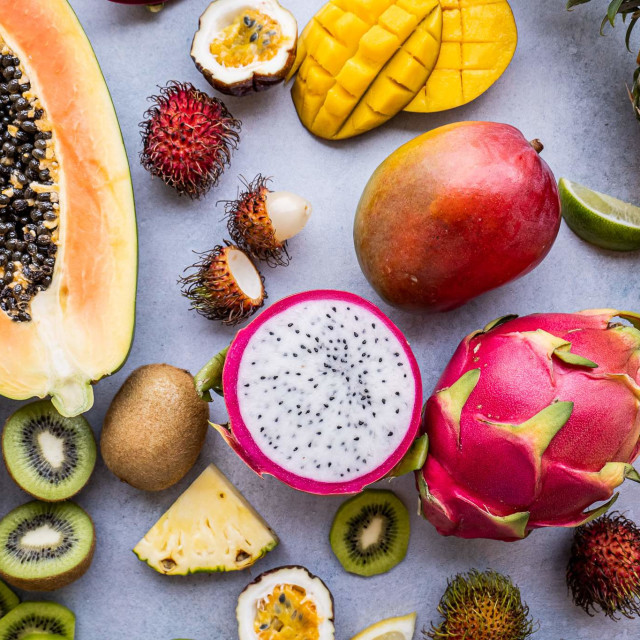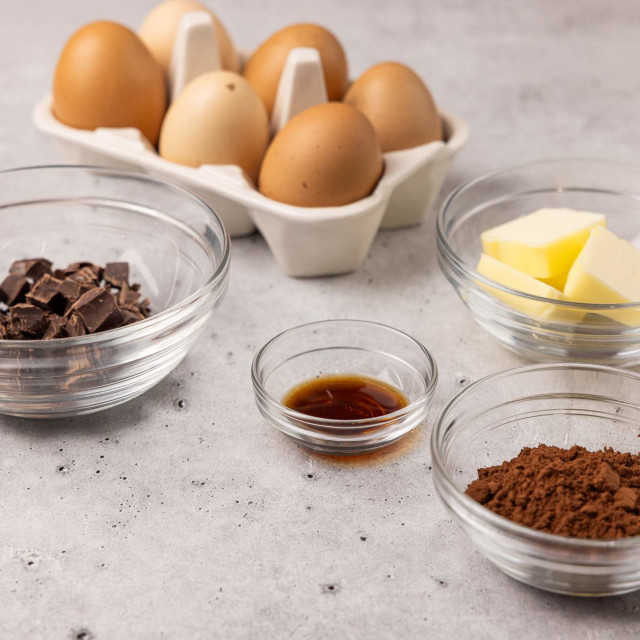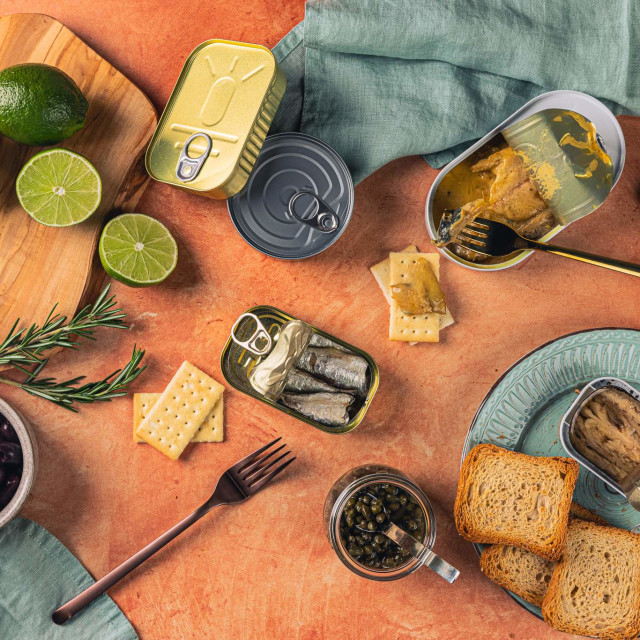Almond
Almonds are the world’s most popular nut for snacking, decorative, and baking purposes.
We generally categorize almonds as a nut. However, they are regarded as “stone” fruits, or pits, and are harvested from the almond tree, which is in the peach family.
The nuts are grown throughout the Mediterranean as well as parts of Asia, Australia, Europe, and Africa. Three-quarters of the world’s almonds are harvested in California.
Varieties
- The nuts marketed for consumer use are the “sweet” variety. Varieties include Jordan (rated the best), Valentia (also called shell almonds), Sicilian, and Barbary. These will not be necessarily noted or available as whole almonds.
- Bitter almonds contain toxins that must be removed by cooking first. These are not legally sold in the U.S.
- Green (or unripe ) almonds are a common ingredient and snack outside the U.S. Some ethnic markets may carry them.
- Spanish almonds (the Jordan variety) are often sold as “roasted marcona” and are superior in savory recipes.
Almonds are also processed for:
Extract – This is a processed form of bitter or sweet almonds, which is mixed with alcohol.
Oil – The oil is favored for high-heat cooking as it has a light taste and high smoke point.
Paste – It is called marzipan when sweeteners are added. The paste is sold in tubes and cans, but can be made at home.
Butter – Less salty than its peanut counterpart and usable for many who suffer nut allergies.
Flour – Found in health food and gourmet stores. Used as a replacement in diabetic and low carbohydrate diets.
Buying Tips
- Almonds are available whole, split, slivered and ground as well as blanched, roasted, smoked, and sugared. For recipes, know which type is required before purchasing.
- When a recipe requires Jordan almonds, be sure the reference is clear as to whether it is the larger untreated Spanish almond or the candied variety.
Storage Tips
- Keep refrigerated (up to six months) or frozen (about twelve months). Always use wrapping and airtight containers to prevent moisture and mold buildup.
- Shelled nuts will only keep a few weeks. For longer life, keep them in the shell.





